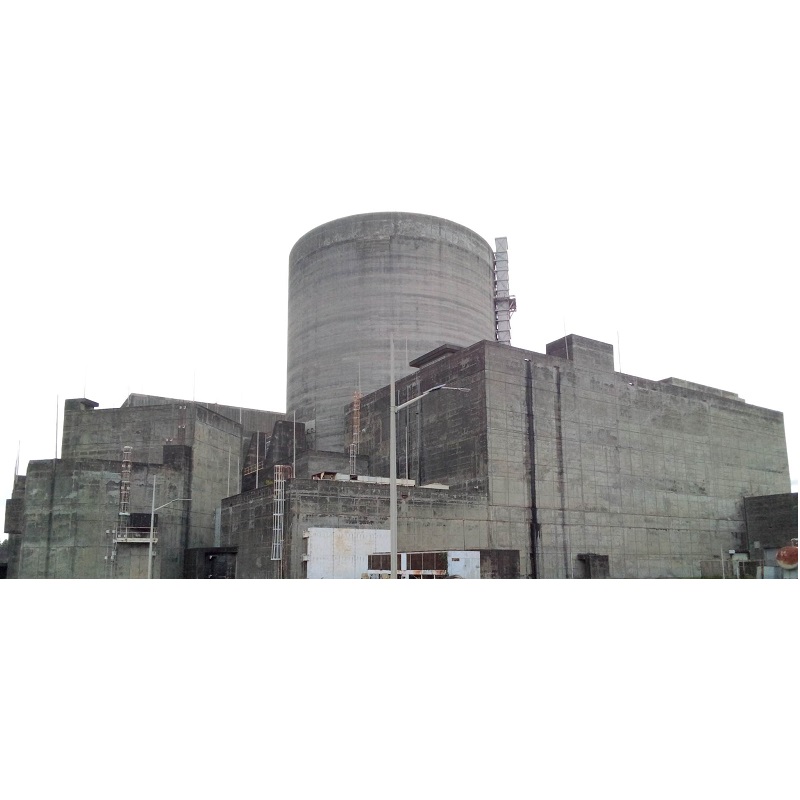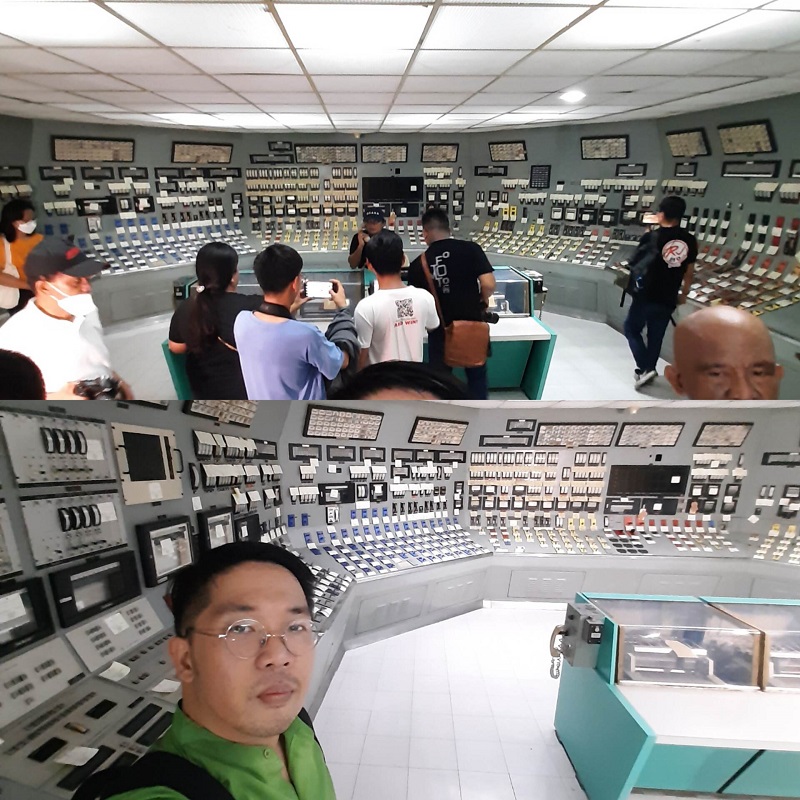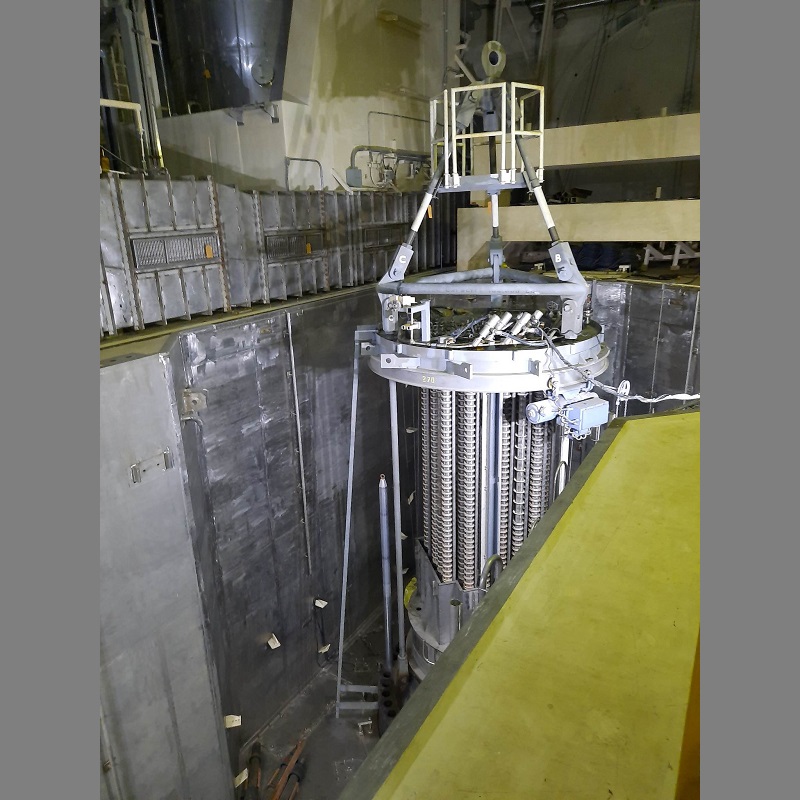RACONTEURPH
Stories worth sharing
Bataan Nuclear Power Plant: A solution to the looming energy crisis in PH
POSTED BY: Lionell Go Macahilig2023-06-05 16:39:00 PHT
Alpas Pinas, a non-stock, non-profit organization that leads in advocating the use of nuclear energy as a clean energy source, says it is time to explore reviving the Bataan Nuclear Power Plant (BNPP) amid the looming energy crisis in the Philippines.
As early as last year, the government has alerted that the country will experience possible power supply challenges as Malampaya gas fields, supplying 30 percent of Luzon’s energy needs, are expected to be depleted by 2024. Meanwhile, the country’s increasing population and electricity costs, which are among the highest in Southeast Asia, add up to the present energy woes.
To address these challenges, the government has stated that it envisions the country to be energy self-sufficient by utilizing fossil fuels and renewable energy, as emphasized in the Power Development Plan (PDP).
By 2040, the country needs about 44,903 MW of additional capacity to supply the increasing energy demands. Currently, the country relies heavily on fossil fuels, such as coal (47%), natural gas (22%), and oil (6.2%), plus renewable energy sources like geothermal, wind, and solar (24%). All of these have a combined capacity of 22,317 MW in 2019.
For Alpas Pinas, however, exploring nuclear energy can help diversify energy sources to meet the demands for clean and reliable energy, particularly amid the skyrocketing energy prices and demands, increasing population, and the local and global push to decelerate climate change.
“We believe that adding nuclear energy into our country’s energy mix has the potential to help address our power challenges. Nuclear is the cleanest, cheapest, and most efficient means of producing electricity. It can provide a long-term solution to increasing electricity rates, allowing Filipino families to save more. It will also help ensure more energy abundant, environmentally protected, and a bright future for every Filipino,” said Gayle Certeza, convenor of Alpas Pinas.
Reviving a solid solution for the power crisis
As a viable alternative to fossil fuels not only in terms of environmental impact but also in its economic feasibility, Alpas Pinas noted that it is high time for the country to explore nuclear energy by reviving the BNPP, a nuclear facility built in the 1970s in response to the 1973 oil crisis.
This facility, which would have been the country’s first nuclear power plant, is situated on a 398-hectare protected land at Napot Point, a peninsula on the west coast of Morong in Bataan. With its electrical capacity of 623 MW, BNPP could have provided more than 10 percent of the Luzon grid’s requirement. However, the facility was never commissioned due to various factors, such as technical, economic, environmental, and social considerations.
In recent years, several experts have seen the potential for the facility to be refurbished. For instance, in 2008, the government commissioned an International Atomic Energy Agency (IAEA) with a mission to identify the feasibility of reviving BNPP. The report affirmed its viability to be economically operated for 30 years.
On the other hand, Congressman Mark O. Cojuangco, the country’s foremost advocate for nuclear energy, noted that reviving BNPP is more than feasible due to its high-quality structure.
“Despite being built in the ‘70s, the facility is comparable, if not better than, the power plant buildings utilized in other countries. When revived, we believe it can outlast decades of operation while helping Filipinos enjoy cheaper, cleaner, and more reliable energy source,” he said.
As a dedicated champion of nuclear energy, Cojuangco was one of the members of the House of Representatives who filed a bill in the 19th Congress to push for the use of such power source, which was later adopted as the consolidated bill discussed by the Special Committee on Nuclear Energy.
If this passed, the Act will be known as the Philippine National Nuclear Energy Safety Act. This aims to create the Philippine Atomic Energy Regulatory Authority (PhilATOM) and form a legal framework for the safe utilization of nuclear power.
Cojuangco is set to be awarded the Distinguished Public Service Award in the United States by the American Nuclear Society this June. This is to recognize his tireless efforts in advocating for nuclear energy in the country. Such an award is given to a public servant with displayed leadership when it comes to the development of energy policies and public awareness, among others. He is the only non-American public servant to receive this award.
The possible revival of BNPP remains under consideration, particularly with recent plans of the Department of Energy (DOE) to explore building a new nuclear plant using small modular reactor (SMR) technology.
President Ferdinand Marcos Jr. also stressed in his first State of the Nation Address (SONA) last year the need to re-evaluate the country’s strategy for utilizing nuclear power and the possible reopening of BNPP.
“For Alpas Pinas, the recent developments present a significant opportunity for us to explore and learn more about nuclear energy. We need to see its value as a long-time solution for the looming energy crisis that our country may face in the next years to come,” Certeza concluded.




